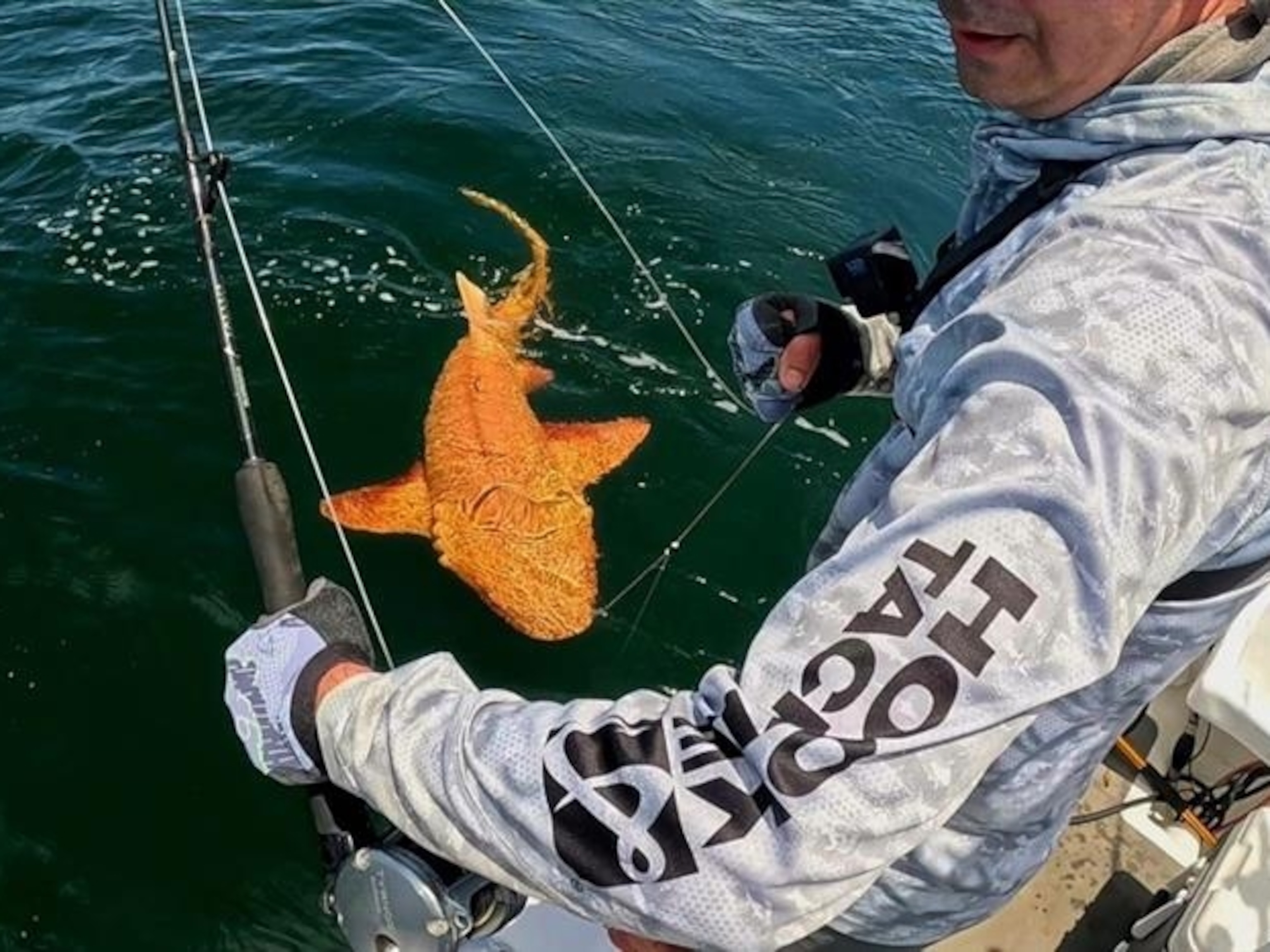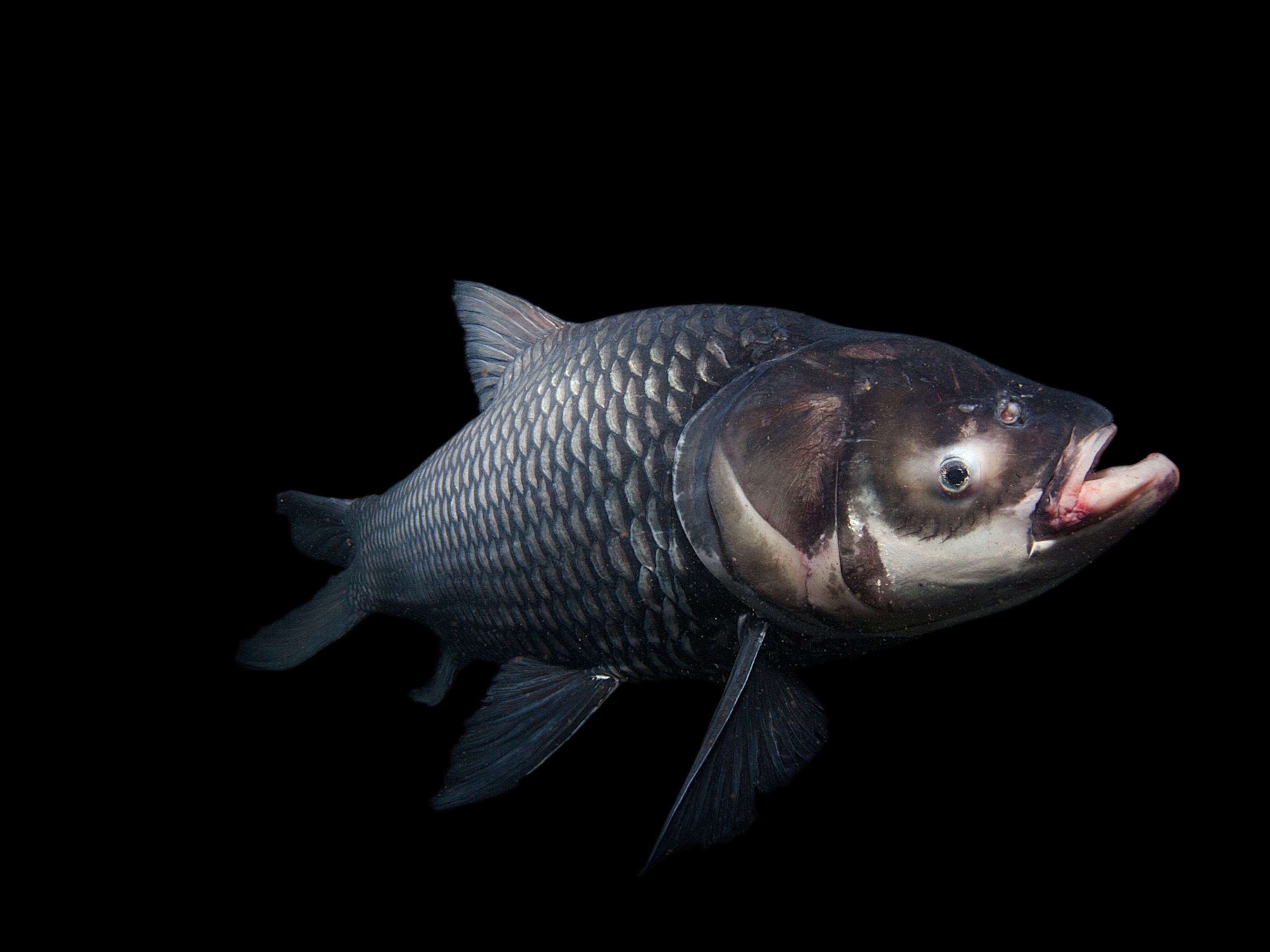
Hudson River Fish Evolve Toxic PCB Immunity
Bottom-feeding fish in the Hudson River have developed a gene that renders them immune to the toxic effects of PCBs, according to new evolution research.
This story is part of a special National Geographic News series on global water issues.
Bottom-feeding fish in the Hudson River have developed a gene that renders them immune to the toxic effects of PCBs, researchers say.
A genetic variant allows the fish to live in waters notoriously polluted by the now-banned industrial chemicals, and distinguishes the fish—Atlantic tomcod (Microgadus tomcod)—as one of the world’s fastest evolving populations.
"This is very, very rapid evolutionary change," said Isaac Wirgin, an environmental toxicologist at New York University’s School of Medicine, and the study's lead investigator. "Normally you think of evolution occurring in thousands to millions of years. You’re talking about all this occurring in 20 to 50 generations maybe.”
The study appears in the Feb. 18 online issue of Science.
Toxic River, Oblivious Fish
PCBs, or polychlorinated biphenyls, were first introduced in 1929 and were used in hundreds of industrial and commercial applications, mostly as electrical insulators. They were banned 50 years later, but they don’t simply degrade. Partly because of PCB contamination, a 200-mile stretch of the Hudson River is the nation’s largest Superfund site.
The 10-inch Atlantic tomcod has thrived despite the exposure to PCBs, and levels of the chemical in the livers of these fish are among the highest reported in nature. But until now, scientists have never understood how they survived PCB exposures that kill most other fish.
“Exposure of fish embryos to PCBs in the lab causes the heart to be smaller, to not beat properly,” Wirgin said. He and his colleagues suspected the fish harbored some sort of protection. They spent four years capturing tomcod from contaminated and relatively clean areas of the Hudson River during the winter spawning season.
Lightning-Fast Evolution
It turns out the fish sport a handy modification to a gene encoding a protein known to regulate the toxic effects of PCBs and related chemicals, called the aryl hydrocarbon receptor2, or AHR2.
The fish are missing six base pairs of DNA of the AHR2 gene, and the two amino acids each triplet would code for. PCBs bind poorly to the mutated receptors, apparently blunting the chemicals' effects.
The adaptation occurs almost universally in Hudson River tomcod, but crops up only infrequently in two other tomcod populations—in Connecticut’s Niantic River and the Shinnecock Bay at Long Island’s south shore. The fact that it exists at all in those nearby populations leads the researchers to believe the Hudson Bay tomcod had the mutation at least to a low degree before the PCB onslaught. In a classic case of natural selection, the fish with the mutated genes survived.
“They were getting blasted with chemicals all of a sudden,” Wirgin said, “and the early life stages are so sensitive. If they didn’t have a mechanism to deal with this, it’s likely the population would have been extirpated.”
Achilles’ Heel?
General Electric released about 1.3 million pounds of PCBs into the Hudson River from 1947 to 1976, and bears most of the responsibility for the cleanup.
Following highly controversial wrangling throughout the past decade, GE conducted a year’s worth of experimental dredging in 2009. The EPA studied the risks from resuspended contaminants and decided cleanup is the best option. Dredging will resume this spring and will last for at least six years.
Cleanup might not be best for tomcod, Wirgin said. That’s because evolutionary theory predicts a genetic mutation like theirs could render them compromised in some other area of their biology, and perhaps not well adapted to life without PCBs.
But it’s likely to be a boon for the Hudson’s predatory fish that are less likely to have an adaptation to PCBs—and are therefore gravely at risk from a diet of tomcod.




